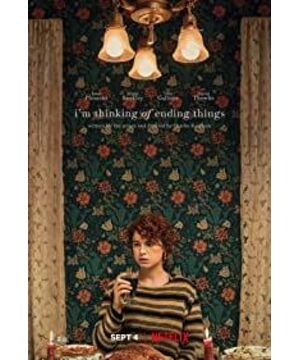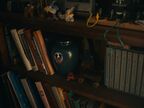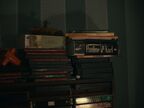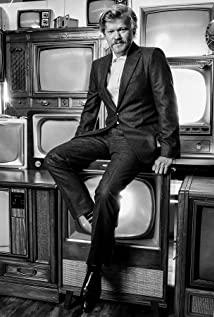I heard that if the san value of this movie is high, you can give it a try, so here I am. The rhythm is really good~ I started to cry when I saw the second half of the school when I entered the school. As for The Night of the Comet, I myself have some thoughts and ideas about this movie. (Humble narrative, it will be a bit messy.) The main characters are determined from the beginning to be the hero and heroine and a cleaner (the cleaner can be used as a time marker for the older characters). After determining the characters, I use the emotions of the characters to determine the situation and time. Because the scenes are mainly in the car, the male owner's house, and the school, I correspond to them as intimacy, family (social), and life. I regard the whole film as a 'self-examination and observation', so that I can understand the emotional changes and lines of the characters in each scene, and what kind of story background they are telling. I think the best thing about the whole movie is that he brings the breakdown of each relationship together and presents it with precision. Those collapses of integration are a show of thoughtlessness and powerlessness. The background is the dark night of the snowstorm, which is the same as what Aldous Huxley said and the lines in the film suggest: the world that humans always think is getting better and better is an illusion, the world is getting colder and more confused like a blizzard Can't see ahead. This suggestive environment reinforces the most important part of the film: the sense of powerlessness. The dialogues, monologues, breakdowns, laughter, and quarrels of the characters in different environments are all about the feeling of powerlessness. I' of the title The source of m Thinking of Ending Things is powerlessness. Like the people in the film, we are constantly looking for intimacy, family and social relationships, and self-life relationships. What we are looking for is something that fights the powerlessness of the world. What is it? It's love and self. Did you finally find it? It's so hard. The world can go as one wishes, but it's just that you can't find it, so you can say: I want to end all this. This method, which I call emotional slice observation, expresses and narrates, conveys a lot of emotional energy, and the dialogue and emotional transmission are empathetic. The first half can be said to be from the perspective of the heroine. We are dealing with a person. This person is good or bad, and we love him and don't love him. In the process of communication, we have probed into the complexity of human nature. He is very knowledgeable, but I can’t always talk to me; the basement will lock the landscape paintings he painted, and a little admiration and jealousy for my talent; his ideal is not in the basement, the basement is only as wet and dirty as his real life life (work clothes); chatting with me will always bring you to the field that you are good at; but you will also laugh and share embarrassing things together; you will be vulnerable and say sorry... and the heroine has always emphasized 'go home and return to the city' in my opinion Come is a cry and a sigh of a part of the self that has been lost in intimacy. The characters also have large monologues and personal scenes. This is also the reason why I say it is from a female perspective. In the car, the female protagonist takes the initiative to talk about feminism, and it is the female protagonist who is thinking about her relationship with the male protagonist (the monologue that keeps going down the stairs). m Thinking of Ending Things" is also the muttering of the heroine. Women have a natural environment to express their emotions, and they are more likely to express their emotions and needs than boys. On the contrary, the male protagonist is the epitome of most boys, silent, restrained, somewhat arrogant and assertive, unwilling to let their parents become children, has more sense of responsibility, longing for the approval of their lover, longing for success... unwilling to express emotional attitude, As a result, there is no progress in the relationship; I want to be an effortless genius, but I am praised for being diligent and diligent; I also get into trouble (ice cream shop); I feel that life is too difficult, I just want a supportive person, not It must be the heroine (I'm so angry here). There are also hints of time scenes in the film. The heroine said, I am a point. Today time is the wind running through my whole body. I seem to see their past and future. Here I think the heroine not only sees the parents of the hero, but also her own future. I also talked a lot about relationship thinking in time: aging, society and the elderly, the future of intimacy, self and body... There are many details that can be found slowly. If the female protagonist is the 'question', the latter part of the male protagonist is the 'answer'. We still can't eliminate the feeling of powerlessness in the reflection of life and self, but some answers have surfaced, those answers, and small shining memories comfort the regret of life in difficult situations. Will dawn come? The last scene is answered, it will come. [The above are some of my personal viewing experiences, I hope I can give you some different ideas for your friends]
View more about I'm Thinking of Ending Things reviews











